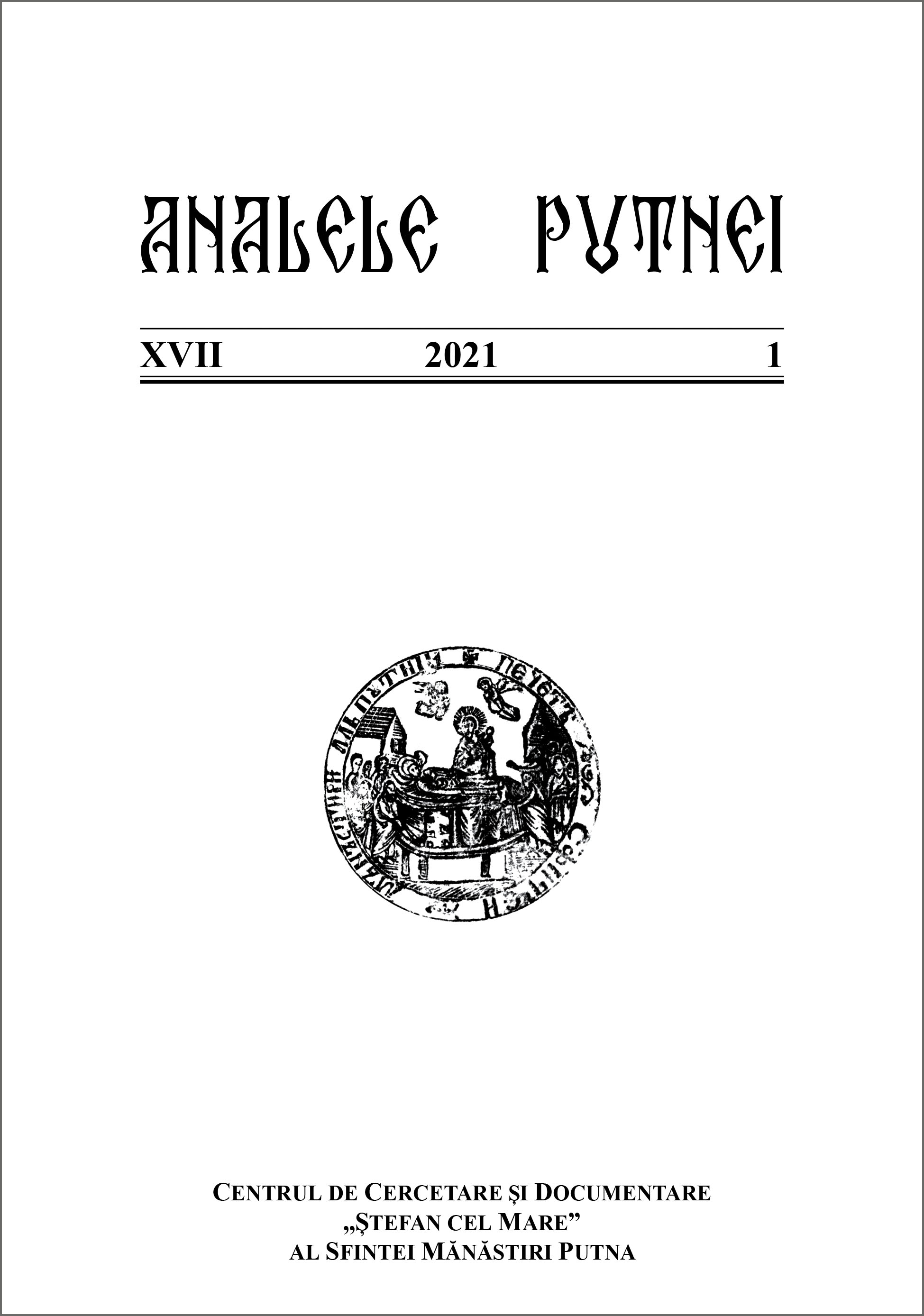The Significance of the Putna Music School in the History of Orthodox Church Music
The Significance of the Putna Music School in the History of Orthodox Church Music
Author(s): Svetlana KujumdzievaSubject(s): Christian Theology and Religion, History, Fine Arts / Performing Arts, Music, Middle Ages, Modern Age, 15th Century, 16th Century, Eastern Orthodoxy
Published by: Centrul de cercetare şi documentare ŞTEFAN CEL MARE
Keywords: Putna music school; music of the 16th century; Orthodox music; Protopsaltis Eustatie; musical manuscripts;
Summary/Abstract: The features of the music manuscripts from the Putna music school are discussed. Special emphasis is put on new findings from the studies of Bulgarian scholars. Two manuscripts are under special scrutiny – the famous Book of Eustatie from 1511 and Manuscript 816 from the library of the Church Historical and Archival Institute at the Bulgarian Patriarchate in Sofia, dating from the third quarter of the 16th century, identified as belonging to the Putna music school. There arises the question about the connection between the music activity of Putna and the 14th-century Tarnovo literary and hymnographic school. The article emphasizes that the Putna music manuscripts document the complete adoption of the late-Byzantine (known also as “Koukouzelian”) musical system in the Slavic language of Bulgarian redaction, according to the new redaction of the Jerusalem Typikon of the 14th century. The activity of Hieromonk Eustatie, the most prominent representative of the Putna music school, is discussed. Two important stichera included in his books are considered – the one for St. John the New of Suceava and the one for St. Petka (Paraskeva) of Epivat. It is argued that the text of the first was written by Gregory Tsamblak, a pupil of the last Bulgarian Patriarch, Euthimios. Tsamblak wrote an entire office for St. John the New at the beginning of the 15th century, when he was a presbyter of the Moldavian Church. The sticheron for St. Petka (Paraskeva) turns out to be the first fully notated sticheron for the saint stemming from the Orthodox Balkans. It is concluded that one of the major tasks being accomplished at Putna was to preserve the Orthodox memory in the context of foreign religious domination in the Balkans. The repertory performed there was notated, including the music for particularly revered saints that were praised in the Orthodox countries of Slavic language. Researching the activity of the Putna music school allows us to look centuries back and reveal the foundations of what is sacred to every national culture: the creative power of memorable personalities and events that have become an example and inspiration for future generations.
Journal: Analele Putnei
- Issue Year: 2021
- Issue No: 1
- Page Range: 287-301
- Page Count: 15
- Language: English
- Content File-PDF

